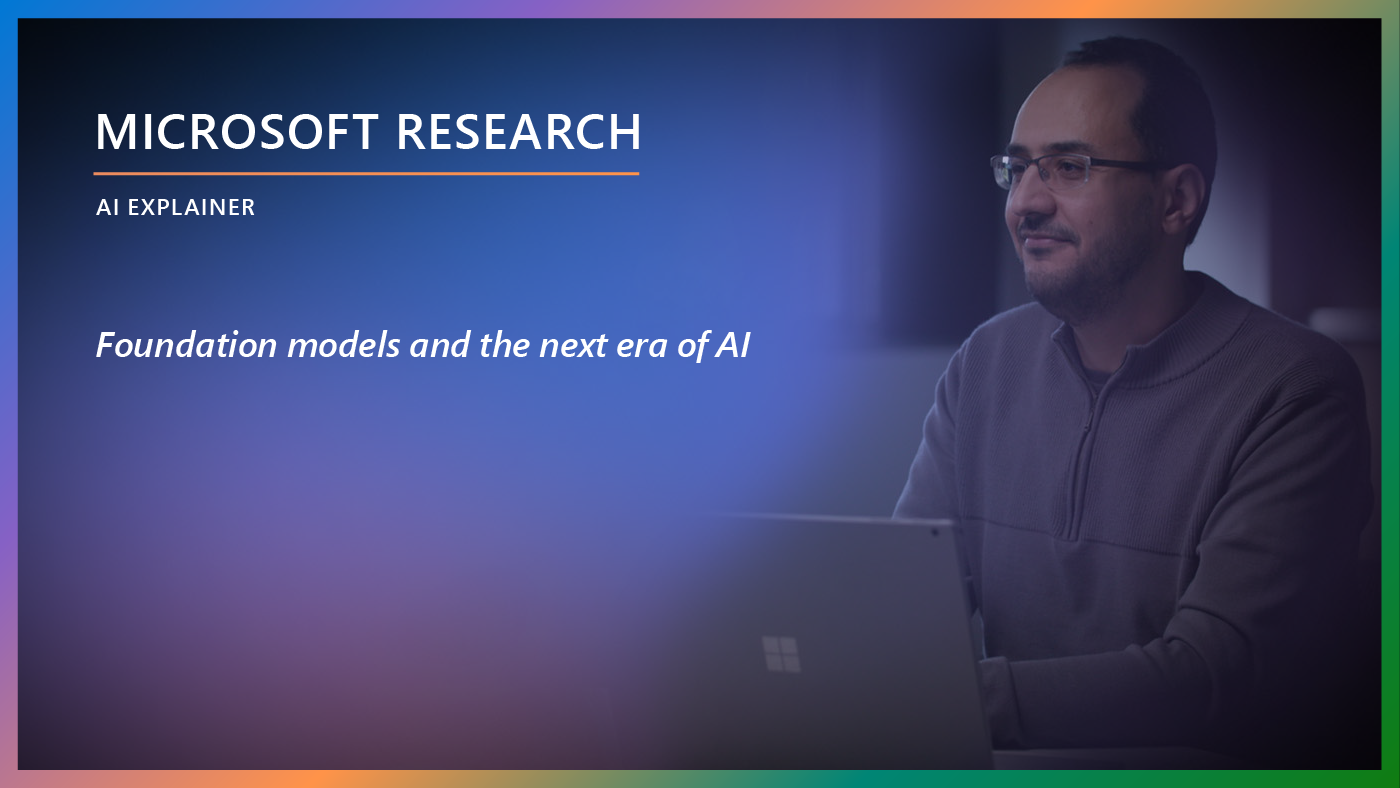Students dream of attending major conferences, where they can present their work and interact with top researchers. For many, however, this dream remains just that, as funds for student attendance are in short supply. Microsoft Research receives many requests to fund conferences each year, and organizers continually tell us that their most pressing need is funding for student travel. We recognize that students are the next generation, ensuring the ongoing vitality of computer science and providing energy and new ideas.

Students present their poster to experts at the SC14 conference.
Recognizing the value of student participation, the Association for Computing Machinery (ACM) started a program in 2003 for student travel. The ACM Student Research Competition (SRC), sponsored by Microsoft Research, offers a unique forum for undergraduate and graduate students to present their original research before a panel of judges and attendees at well-known ACM-sponsored and co-sponsored conferences. The competition takes place at 26 participating conferences, including SuperComputing (opens in new tab), CHI (opens in new tab), SIGGRAPH (opens in new tab), ICSE (opens in new tab) and the Grace Hopper Celebration (opens in new tab), and it sponsors more than 200 students.
Spotlight: On-demand video
Much more than just a travel funding program, the ACM SRC provides participants a chance to meet other students and to get direct feedback on their work from experts. Let’s hear it from the students themselves:
|
—Tharindu Rusira, University of Moratuwa, Sri Lanka (CGO 2015) |
—Snigdha Chaturvedi, University of Maryland (Grace Hopper Celebration 2014) |
|
—Matthew Loring, Cornell University (PLDI 2014) |
—Kyoungwon Seo, Hanyang University, Korea (CHI 2014) |

2015 ACM Student Research Competition finalists with ACM President Alex Wolf, Director of Microsoft Research Outreach P. Anandan and ACM CEO John White
This year’s banquet took place on Saturday June 20 in San Francisco. The six finalists are listed below, with links to their winning papers:
Graduate category
- First place: Lu Xiao, Drexel University, paper presented at FSE 2014 (opens in new tab)
- Second place: Shupeng Sun, Carnegie Mellon University, paper presented at ICCAD 2014 (opens in new tab)
- Third place: Omid Abari, MIT, paper presented at MobiCom 2014 (opens in new tab)
Undergraduate category
- First place: Thomas Effland, SUNY, University of Buffalo, paper presented at SIGCSE 2015 (opens in new tab)
- Second place: Mitchell Gordon, University of Rochester, paper presented at ASSETS 2014 (opens in new tab)
- Third place: Shannon Lubetich, Pomona College, paper presented at the Grace Hopper Celebration 2014 (opens in new tab)
The judges had a hard time ranking these papers, as all were of excellent quality. Moreover, many of them had special significance to us. For example, Lu Xiao’s paper, “Detecting and Preventing the Architectural Roots of Bugs,” treats a topic much on the minds of people at a company like Microsoft. Likewise, Shannon Lubetich’s paper, “Eve Eat Dust Mop: Measuring Syntactic Development in Child Language with Natural Language Processing and Machine Learning,” centered on machine—and childhood—learning, areas of intense interest to researchers both in academia and industry.
We congratulate the winning students who have achieved much in getting to the top of the competition. We also thank the organizers and judges, who make the experience so worthwhile each year. We are proud to be associated with this program, which changes the lives of so many.
—Judith Bishop (opens in new tab), Director of Computer Science, Microsoft Research; Laurie Williams (opens in new tab), Professor and Acting Department Head, North Carolina State University Department of Computer Science
Learn more


 “ACM SRC was a premier opportunity to showcase our research to an audience of expert researchers. It is not only about science and research but about communication and presentation skills. It is an all-round experience that a student researcher should not miss.”
“ACM SRC was a premier opportunity to showcase our research to an audience of expert researchers. It is not only about science and research but about communication and presentation skills. It is an all-round experience that a student researcher should not miss.”  “Participating in SRC was a wonderful experience. It gave me an opportunity to interact and present my work to a broad and diverse audience not limited to my research field. It was fun!”
“Participating in SRC was a wonderful experience. It gave me an opportunity to interact and present my work to a broad and diverse audience not limited to my research field. It was fun!”  “The SRC was a very valuable and enjoyable experience. The insights I gained from judges and other attendees broadened my understanding of how the problems I worked on fit into the broader picture of the programming languages community. ”
“The SRC was a very valuable and enjoyable experience. The insights I gained from judges and other attendees broadened my understanding of how the problems I worked on fit into the broader picture of the programming languages community. ”  “Presenting my research in the presence of other students and leading researchers was extraordinary. It gave me a perfect opportunity to practice pitching and defending my own research outcomes. Most of all, time with other students was really amazing!”
“Presenting my research in the presence of other students and leading researchers was extraordinary. It gave me a perfect opportunity to practice pitching and defending my own research outcomes. Most of all, time with other students was really amazing!”